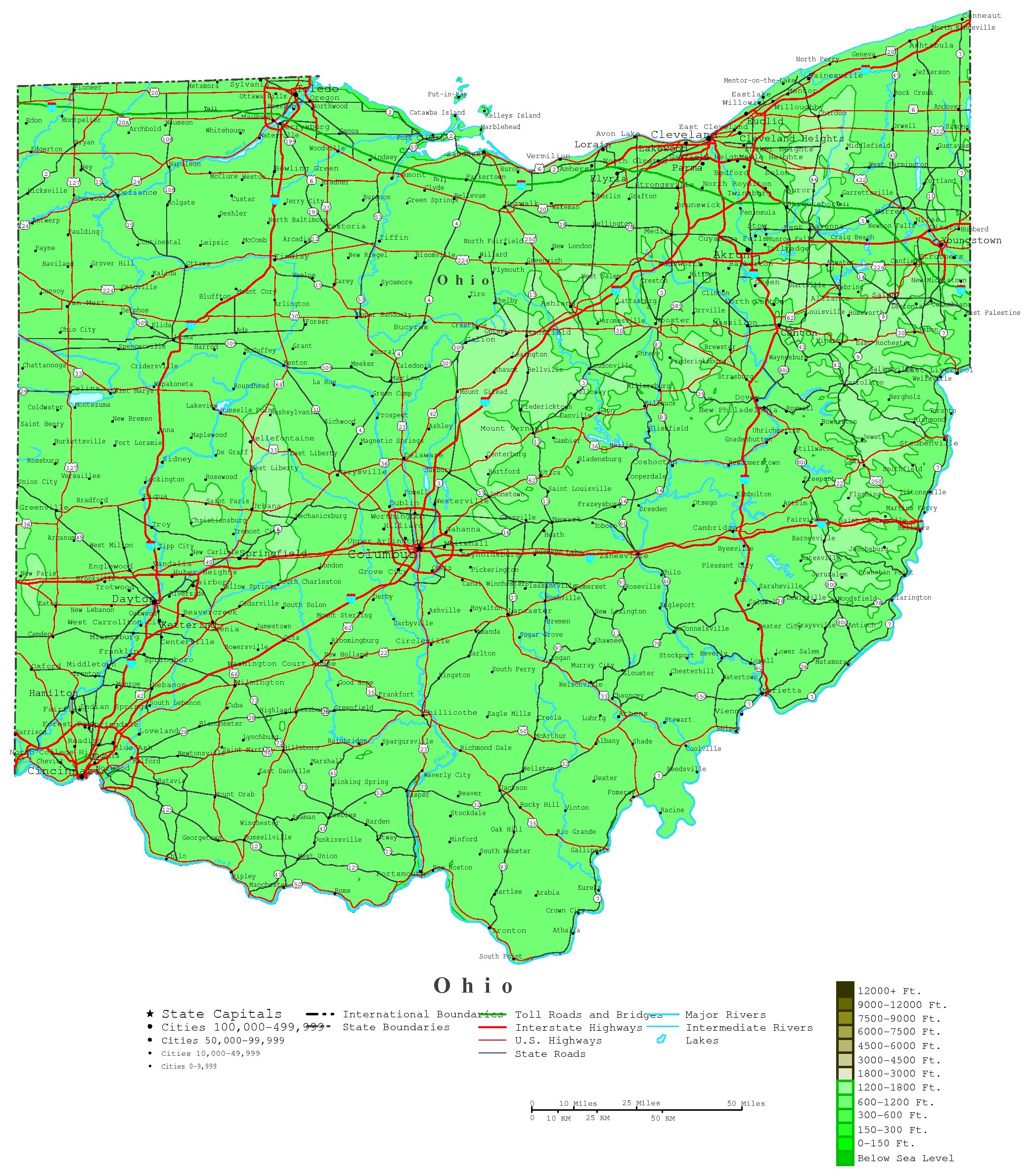 |
| Lower left corner, right on the Kentucky border |
The local public schools were literally taught in German, and obituaries were printed in it. (Seriously, we have an album, apparently. I actually just saw it on Friday.) Then, WWI happened. Suddenly, in my great-grandmother's generation, the public schools were all taught in English, and everyone switched languages. As you can imagine, this only got worse in WWII. My Grandpa Bross was born in WWII, and suddenly my family switched from using saint's names to "Jim." He actually wasn't taught German as a kid. Even after the war was over, when my mom was born, my great-grandmother was extremely upset about the fact that he named her Liesl. She was basically like, "Are you trying to paint a target on her?"
Essentially, "country jail" was definitely a thing, even for Germans in the U.S. who had nothing to do with the Nazis or the world wars.
This was so interesting! It is crazy that your family felt the effects of "country jail" and were not even in Germany at the time. That must have a be a hard transition for your family.
ReplyDeleteBefore I read your post, I never really thought how the effects of WW1 and WW2 would effect people in other countries/continents. That fact that "country jail" was not only in Germany is so interesting and kind of cool.
ReplyDeleteThis is another really good realization for people on how even though people did not live directly in Germany, they were still being effected everyday by things that happened/changed/.
ReplyDelete